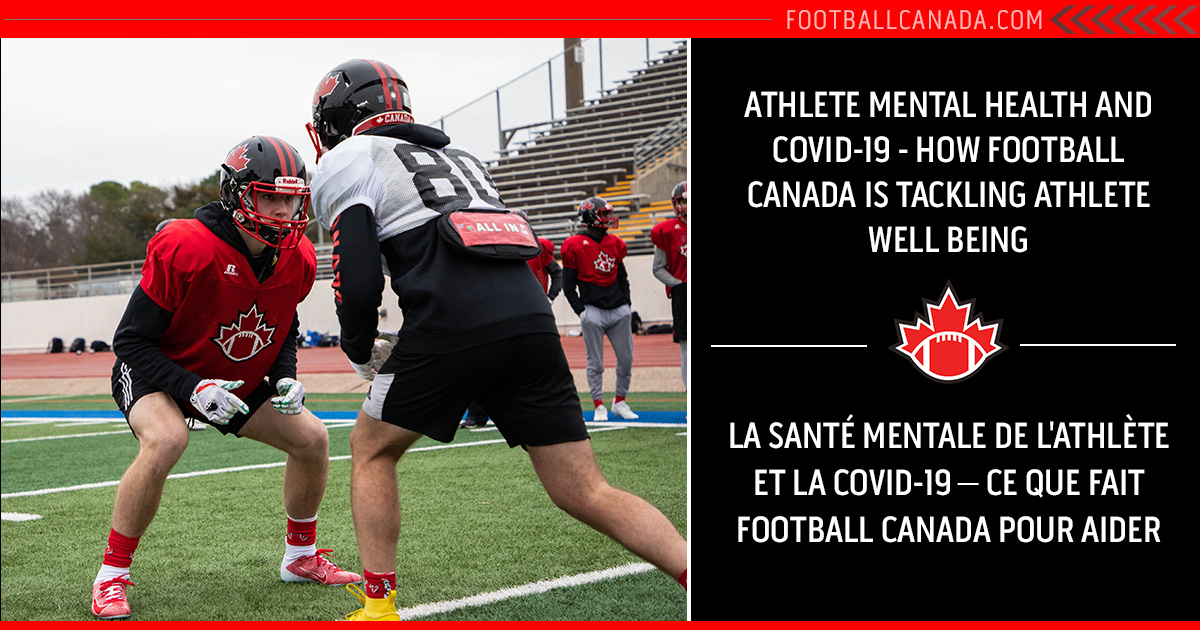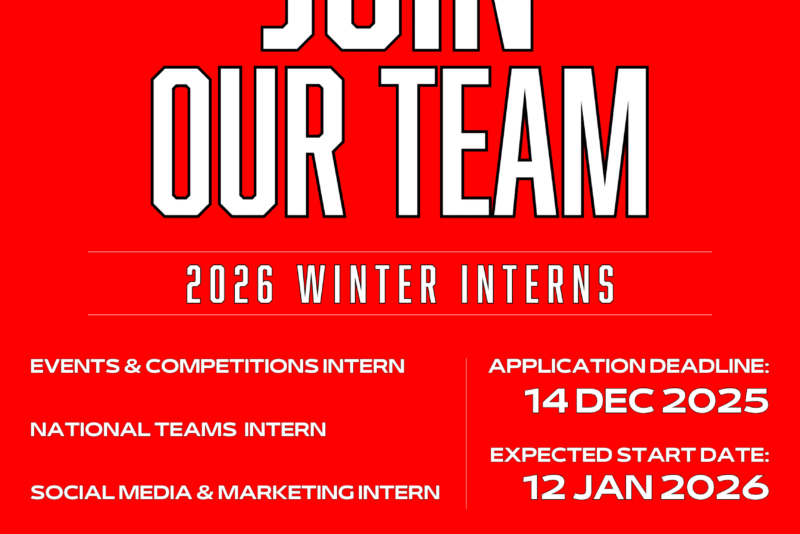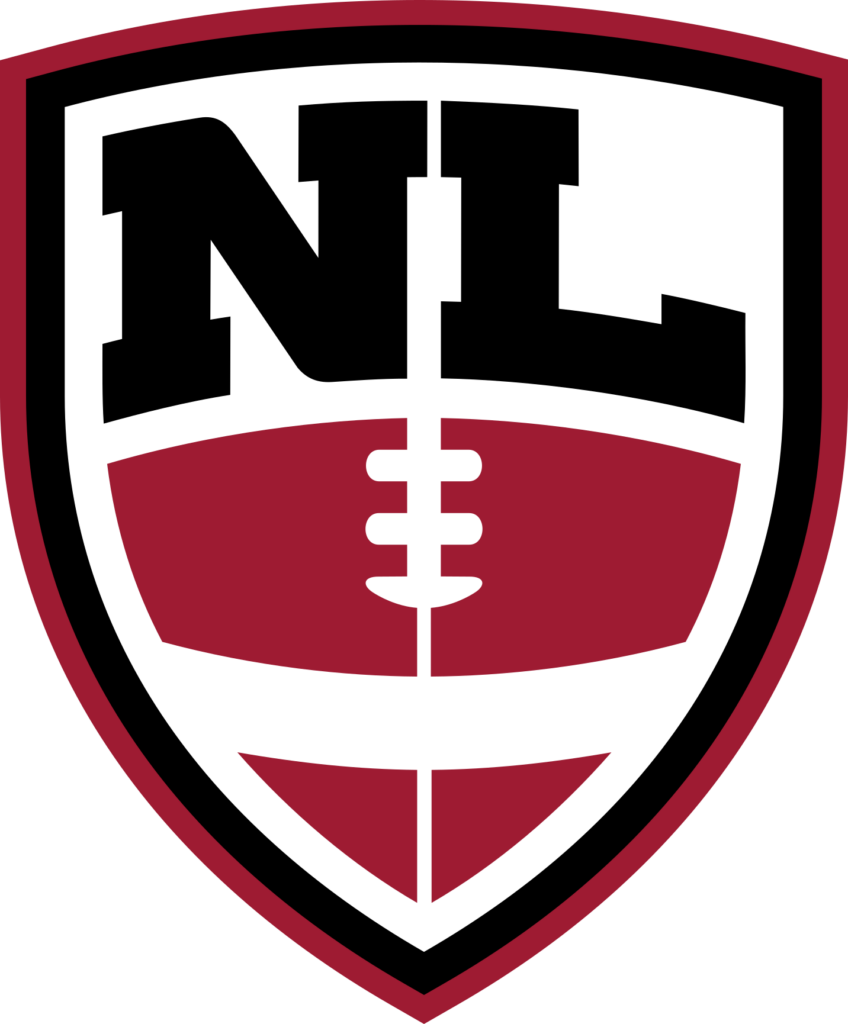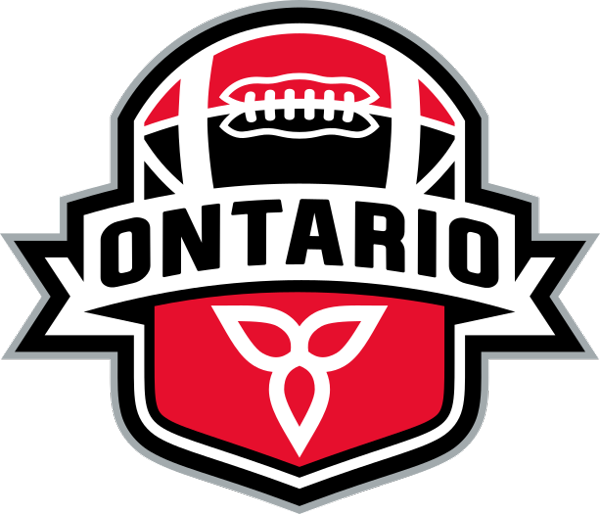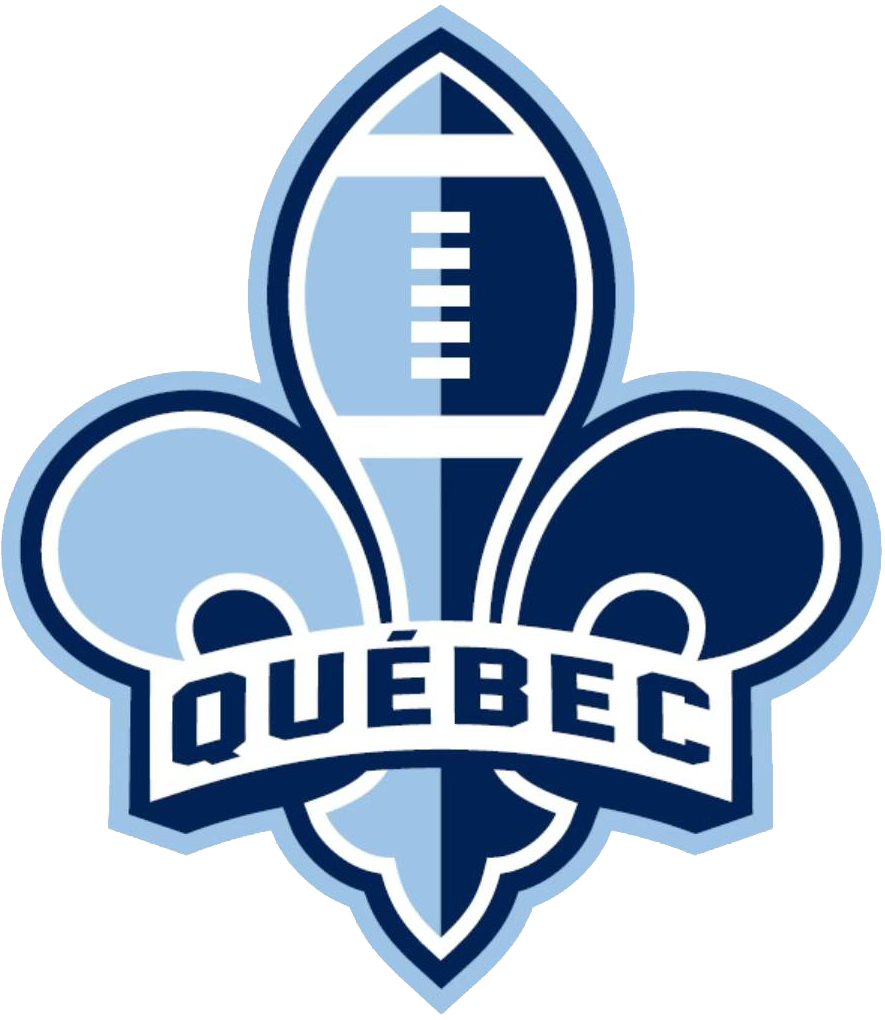Athlete mental health and COVID-19 – how Football Canada is tackling athlete well being
By Mike Still
For Football Canada, athlete wellbeing has always been a core value. Due to the COVID-19 pandemic, an increased emphasis has been placed on mental health.
“Many athletes struggle with mental illness daily and sport can play an important role in helping address these issues. It is important for Football Canada to be looking out for both the physical and mental well-being of our participants by providing education, resources and most importantly, support systems,” said Football Canada Director of Sport Aaron Geisler.
“To do this, it is important for us to look to form partnerships to provide the best tools for both the players and the football community.”
One key partnership has been with Elite Neurokinetix (ENK), a start-up that seeks to provide athletes and coaches with the necessary tools to become better and safer players.
Originally, ENK was brought on board to help reduce the risk of concussion and head impact through proper movement and biomechanics. Because of the pandemic however, they’ve had the opportunity to shift their focus to the connection between mental health and injury prevention.
Marie-Michelle Boulanger is Vice President and Co-Founder of ENK. She completed her Master’s Degree in 2015 in School/Applied Psychology at McGill University and is currently a Ph. D candidate (2020) in the same program.
Boulanger works clinically, and is almost at the end of her degree. She has previous experience exploring therapy for kids with post-concussion syndrome, and has been looking at the link between anxiety, depression, mental health and concussions. She’s also currently conducting a research project exploring the impact of CO-VID 19 on athletes aged 11-24.
“It was always sort of on the back burner to explore the links between mental health and injury prevention. [The pandemic] gave us the opportunity to open that up a little bit,” she said.
“We’ve gone wider, and we’re probably going to go back to focusing on concussions specifically, but when we brought it up, Football Canada was on board to explore. The initial push went really well. We had thousands of responses from the Football Canada community. I think both of us in the partnership realize how important of an issue this is. We’re going to try and integrate this work more and more. It’s kind of two-pronged, but it all has to do with athlete wellness. We’ve got the physical side with safety and injury prevention and now we’ve got the mental health side.”
Recently, Football Canada collaborated with ENK, as well as fellow partner Tackle It – a non-profit society founded by Katie Uttley which provides mental health support and resources for amateur football players – to provide a webinar on athlete well-being through times of uncertainty and beyond.
The event was considered a success. Those in attendance were thankful to be able to discuss such an important topic, which can at times get lost in the shuffle.
“The people that were there were very engaged, and they were really grateful that [mental health] was something we were talking about, because we don’t really have those opportunities as much, especially in a sport like football,” said Boulanger.
“There’s so much technical stuff involved in the sport, such as the strategy and the skills. It’s like a human resource project almost just managing so many kids and coaches, so it’s hard to make things related to mental health a focus, just because time is always of the essence.”
Going forward, Boulanger and Uttley feel it’s important for Football Canada to develop policies and guidelines around mental health, something that’s been done already for important issues such as racism.
Uttley and Football Canada President Jim Mullin have discussed this matter previously, and are seeking the next steps. Some of the ideas being discussed are a mental health certificate for coaches, as well as a policy and procedure manual which would fall under the various provincial sport organizations, with Football Canada supporting the athletes under said provincial bodies.
“If you can frame it the way that schools do, they have a counsellor, and they have steps that they have to take legally to get someone the help they need. Just like they do with concussions and coaching, I would like there to be a certificate that’s government funded,” noted Uttley.
“I know the Centre for Suicide Prevention does courses that you can take online, and it’s a basic information session in terms of education, and the coach gets a few resources in terms of how to deal with mental health challenges. I think that’s always important. With any new thing that you learn, I think that you need to have education on it. It just opens up more avenues for the kids to get the help that they need when they need it, so that the roadblocks aren’t money or not having enough information.
Boulanger agreed that increased resources surrounding mental health is paramount.
“There’s no doubt in my mind that that would be a very valuable resource. It’s something that our team has thought a lot about, and haven’t necessarily presented formally to Football Canada, but we’d definitely be involved in developing some resources. It can go even wider to think about how we can support coaches as well. The hardest thing with mental health is reaching out. We want to make sure that athletes, coaches and parents have all the resources at their fingertips to reach out when necessary.”
[su_youtube url=”https://youtu.be/O8KViPQTQ5Q”]

